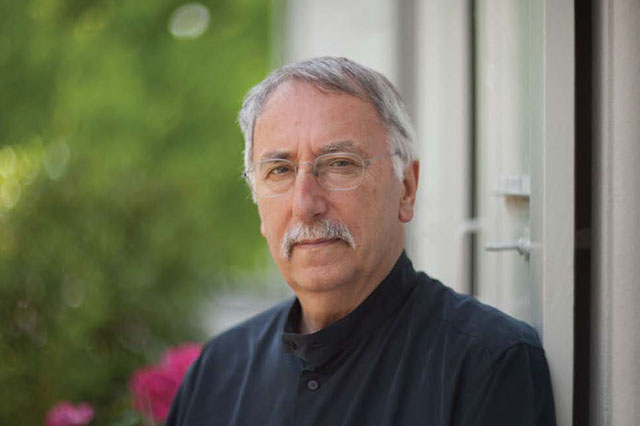
www.buildingsandcities.org/about/niklaus-kohler.html
Niklaus Kohler

Dr Niklaus Kohler is an architect and researcher. He worked in R&D in both the building industry and academe. His PhD was on Global Energy Consumption of Buildings during their Life Cycle. From 1978 to 1992 he directed research projects in the material science department (performance of materials) and the physics department (energy simulation) at Swiss Federal Institute of Technology Lausanne (EPFL). He was member of the steering committee of three national technology transfer programs (Impulsprogramme).
He is an Emeritus Professor and past-Director of the Institute of Industrial Building Production (ifib) at Karlsruhe Institute of Technology (formerly University of Karlsruhe). After retirement, he was a senior lecturer at ETH Zurich and a guest professor at Tianjin University, China. He was President of the Scientific Council of the CSTB (France) and member of steering committees of research programs and scientific institutions in Germany, France, Switzerland, UK, Sweden, Austria, China. His main research domains are:
- Life cycle analysis of buildings and building stocks
- Application of Information Technologies in comprehensive, distributed design
Latest Commentaries
Decolonising Cities: The Role of Street Naming
During colonialisation, street names were drawn from historical and societal contexts of the colonisers. Street nomenclature deployed by colonial administrators has a role in legitimising historical narratives and decentring local languages, cultures and heritage. Buyana Kareem examines street renaming as an important element of decolonisation.
Integrating Nature into Cities
Increasing vegetation and green and blue spaces in cities can support both climate change mitigation and adaptation goals, while also enhancing biodiversity and ecological health. Maibritt Pedersen Zari (Auckland University of Technology) explains why nature-based solutions (NbS) must be a vital part of urban planning and design.